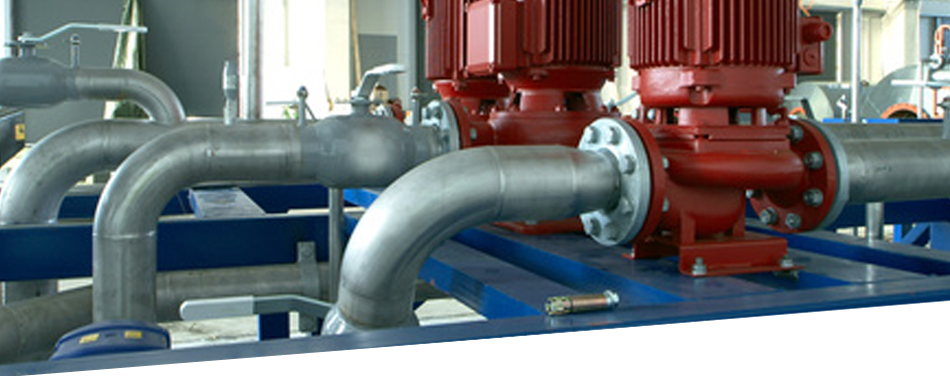GRI® can customize your fluid sealing program focusing on standardization that delivers these values: Inventory Reduction, Process Safety, Purchasing Efficiencies, and Reduced Chance of Maintenance Error.
It must be strongly stated that the use of metal based anti-seize compounds in general is not recommended.
There are two issues to consider:
- Under heat and pressure, the metals in the compound can adhere to the flange surface, causing distortion of the flange and/or fill in the serrations. After a period of time, when this condition has been allowed to progress, no amount of additional torque will allow the gasket to seal.
- Anti-seize lubricates the gasket. This isn’t a problem until gasket compression is lost for some reason. Then the lubricated gasket can either be extruded, or forced out of the flange by the internal pressure. Here the friction created by the flange serrations play a role.
For these reasons the use of anti-seize is not recommended. However, if the application of anti-seize is not too liberal and the flange serrations are thoroughly cleaned each time a gasket is changed to maintain their integrity, it doesn’t present as much of a problem.
The important thing is keeping the serrations intact, getting good compression on the gasket, and a minimum bolt stress of at least 40% of bolt yield.
